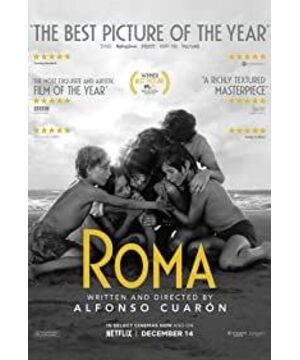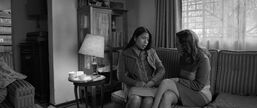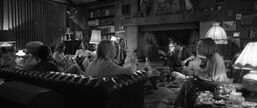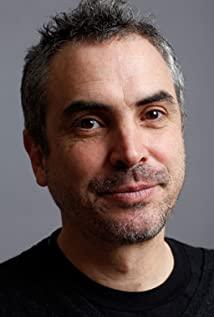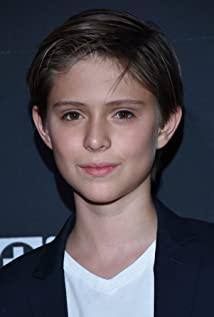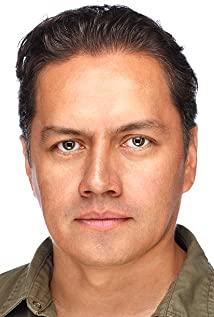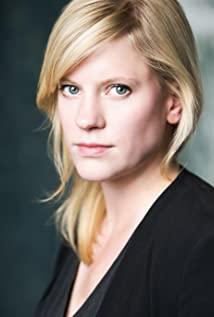New Year's Eve Cleo looks out into the woods, the camera stops above the trees, and the flickering light can be seen through the treetops, which look like just fireworks until no one shouts the fire.
The historical background of the film, whether it is violence or revolution, is like a fire across the woods, blazing silently, and it really affects everyone. The most direct collision between historical trajectory and personal destiny is when Cleo encounters a boyfriend who chases and kills the student at gunpoint when choosing a crib, and the result is also obvious - stillbirth. Cleo's personal tragedy is entangled in the moment with that era.
Compared with the great changes in history, the lives of Cleo and Sofia are the focus of the film. There are few male characters in the film, but the turning point in Cleo and Sofia's life is precisely the departure of the two men. The turn is free of any intense drama, and even gives a sense of indifference. Rarely do we see emotional outbursts, and more of a silent continuation of life.
The pain brought by the father's absence to the family is most reflected in Sofia's eldest son. He hears his mother's call and becomes the first child to learn the truth. But the real collapse of his father's image was when he saw his long-disappeared father walking by with other women in his arms in front of the cinema.
On a beach vacation, Cleo, who can't swim, walks up to her two children in the surf. When she rescued two children, Sofia, Cleo, and four children hugged in the sunset, and the broken family was reunited.
View more about Roma reviews


